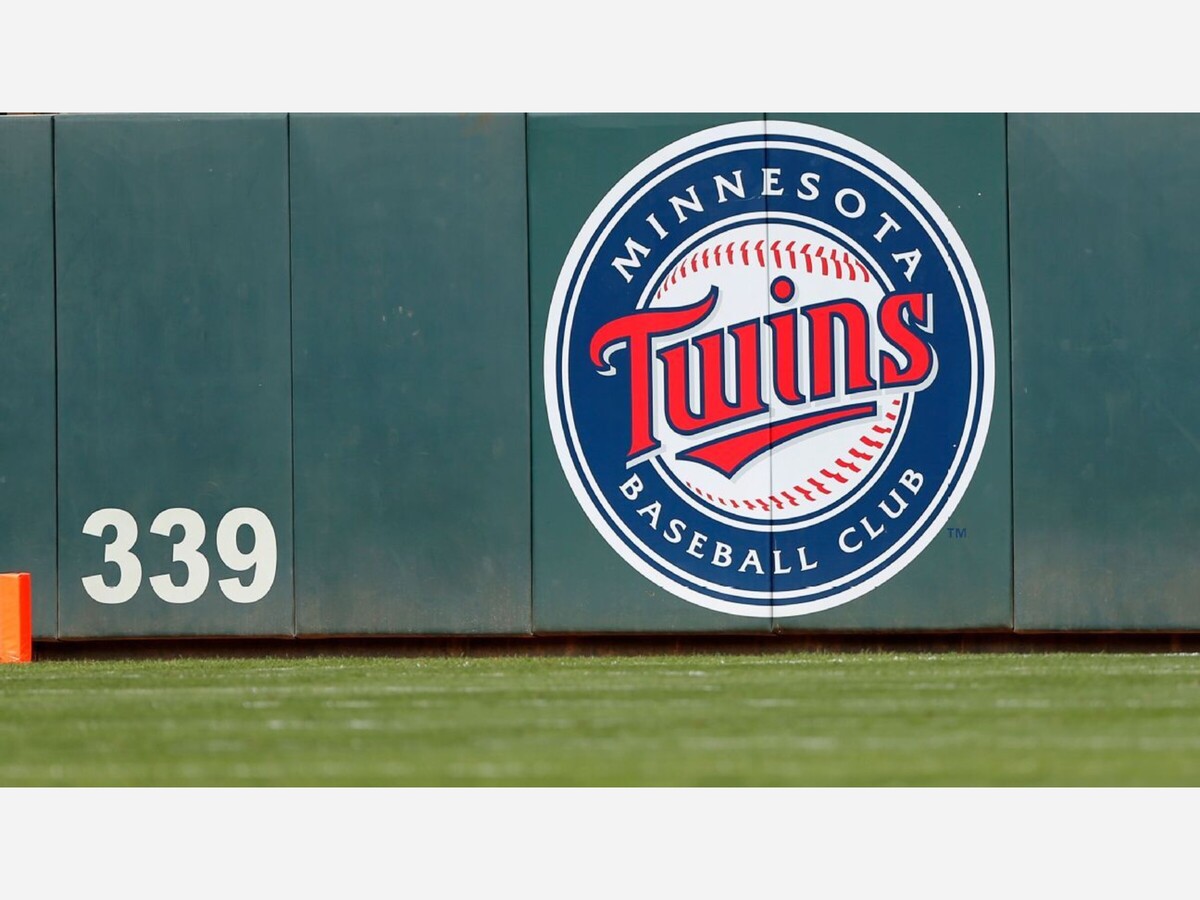Image


By MinneapoliMedia Staff
After months of speculation, the Pohlad family, long-time owners of the Minnesota Twins, have announced they will no longer sell the Major League Baseball franchise. Instead, the family will remain the principal owner while introducing two significant limited partnership groups to the team’s ownership structure.
A Strategic Shift in Ownership
Executive Chair Joe Pohlad, speaking on behalf of the family, confirmed Wednesday, August 13, 2025, that the Twins will remain under Pohlad ownership. The announcement surprised many fans and industry observers, particularly after MLB Commissioner Rob Manfred had previously indicated with “a lot of confidence” that a sale was imminent.
The new limited partnership groups include one composed of Minnesota investors and another of an East Coast family. While the identities of these groups remain undisclosed pending Major League Baseball approval, they will hold seats on the team’s board of directors. However, they will not have a path to controlling ownership.
According to the Pohlad family, the move aims to “strengthen the club in a rapidly evolving sports landscape.” Proceeds from the minority stakes are expected to be used to reduce the team’s reported debt of more than $425 million, while also bringing in fresh perspectives and strategic partnerships.
A Legacy of Ownership and Previous Sale Attempts
The Pohlad family has owned the Twins since Carl Pohlad purchased the franchise in 1984 for $44 million. Today, the team is estimated to be valued between $1.5 billion and $1.7 billion, marking more than four decades under family stewardship.
The Pohlads have previously considered selling the team. Notable examples include a 1997 attempt to sell to a North Carolina investor that could have relocated the Twins, and a 2001 proposal to contract the franchise under a league-wide plan.
Fan Frustration and Criticism
Despite the long history of local ownership, many fans have expressed frustration with the Pohlads’ decision to retain the team. The dissatisfaction stems from several factors:
Looking Ahead
The success of the Twins’ new ownership structure will hinge on how the additional capital is used. While the Pohlads have expressed a commitment to building a competitive team, skeptics question whether the funds will go toward improving the roster or primarily toward debt reduction and financial optimization.
Ultimately, the Pohlad family retains final authority over the franchise, though the new limited partners may influence strategic decisions moving forward. For fans and the baseball community, the question now is whether this restructured ownership can reinvigorate both the team’s performance and its relationship with the fan base.